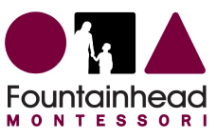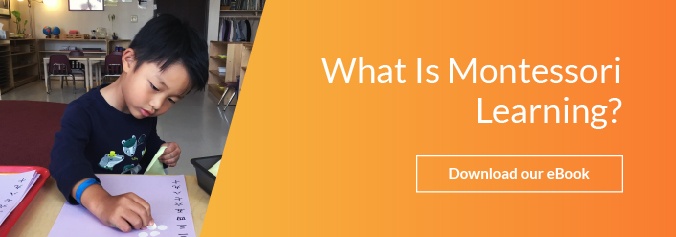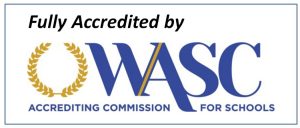The curriculum that you will find in a top-notch Montessori school is much different than the curriculum you will find in public school. Maria Montessori viewed education much differently than her contemporaries and developed a curriculum based on her experience working with ‘hard to teach’ children. The insights Dr. Montessori gained from her work birthed the Montessori Method of education, which is still going strong over a century later. To understand why you would choose a Montessori education over public education, you need to know how the two options differ.
Self-directed
Montessori curriculum is designed to be self-directed. Self-directed means that students have a say in what and how they learn. This does not mean, however, that the classroom is an unorganized free-for-all. The teacher in the Montessori classroom creates individualized learning plans for each student and creates learning options based on those plans. Each student gets to choose from a variety of learning activities that align with his or her interests. This self-directed approach makes students feel like they are participants in their learning, which is an important part of building life-long learners. The public school curriculum does not leave a lot of room for self-direction.
Individualized
The small class sizes in Montessori programs allow teachers to develop individualized learning plans. Individualized learning plans means that every student can move at the pace that is appropriate for him or her. Students who are advanced in a particular area can move quickly through concepts without having to wait around for others to catch up. And, if a student ever struggles with a particular topic, they have the time and freedom to continue working until true understanding and mastery is achieved. In public programs, there are simply too many students and too few teachers to make individualized instruction possible.
Long-term focus
Many public school programs have state funding tied to how well students do on standardized testing. This design leads many schools to feel pressure to teach for the test. Teaching students to do well on a test is a short-sighted view of education. Montessori programs have a long-term focus when it comes to education. The goal is to teach students how to be successful in life. This long-term view of education has a significant impact on the type of instruction that happens in the Montessori classroom.
Hands-on learning whenever possible
Montessori programs provide hands-on learning opportunities, whenever possible. Engaging as many senses as possible helps students to grasp the concepts they are learning. The small class size and freedom from bureaucratic red tape give Montessori programs flexibility in teaching that public schools simply do not get to enjoy.
If you are looking for an educational program that differs dramatically from public school, consider Montessori. The more you learn about the Montessori curriculum, the more you will understand how different it is from the curriculum you will find in public school.












Let us know what you think about this post
Put your Comment Below: